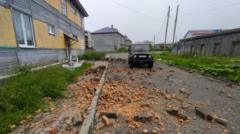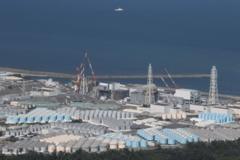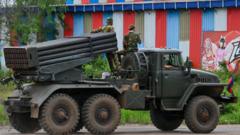The arrest of a Chinese executive marks a significant step in Thailand's investigation of the construction practices surrounding the recent collapse of a Bangkok building, which has drawn public scrutiny and raised questions about foreign business regulations.**
Arrests Made Following Deadly Bangkok Building Collapse Amid Investigation of Foreign Company Practices**

Arrests Made Following Deadly Bangkok Building Collapse Amid Investigation of Foreign Company Practices**
Thai authorities detain executive linked to controversial Chinese firm amid safety concerns following the earthquake-triggered disaster.**
The aftermath of a deadly earthquake in Bangkok has taken a dramatic turn as Thai authorities have apprehended a Chinese executive linked to the controversial construction firm responsible for a building collapse that resulted in numerous fatalities. The individual, identified as Zhang Chuanling, was detained on Saturday after a court issued warrants for his arrest alongside three other board members of China Railway 10th (Thailand). These charges stem from suspected violations of the Foreign Business Act, which restricts foreign ownership in certain enterprises.
Investigators have found substantial evidence that the firm had employed Thai nationals merely as proxies to bypass regulations. Prime Minister Paetongtarn Shinawatra is now under significant pressure to address the tragedy, with public calls for a thorough examination of all projects involving the Chinese state-owned entity. The collapsed 30-story structure was intended to serve as headquarters for Thailand’s State Audit Office, but its swift demolition raised alarming safety questions given the earthquake's epicenter was over 600 miles away in Myanmar.
As the death toll from the March 28 earthquake rises to 47, authorities are uncovering troubling details regarding construction practices. Laborers have reported that the Chinese firm compromised safety by underpaying workers and utilizing inferior materials, leading to the use of substandard construction elements, some manufactured by a factory previously shut down due to quality concerns. Concerns are compounded as the firm currently operates several ongoing projects across Thailand, raising escalating fears about the safety and structural integrity of those developments.
As the investigation unfolds, public sentiment grows stronger, urging accountability and reforms to prevent future disasters. With Zhang Chuanling listed as a major shareholder in the company, the ramifications of the building's collapse extend beyond immediate tragedy, tapping into broader issues regarding foreign investment and the safeguarding of public safety in construction practices.


















